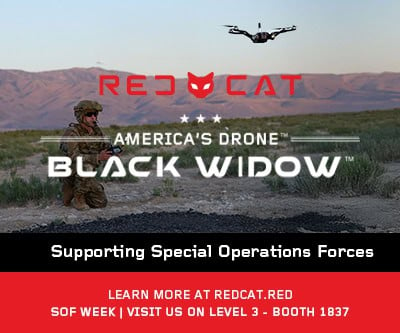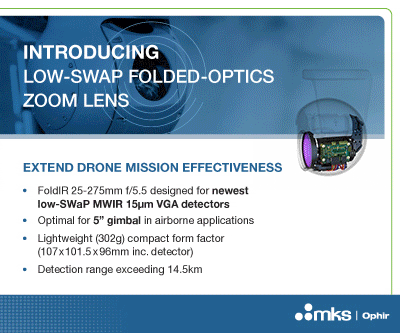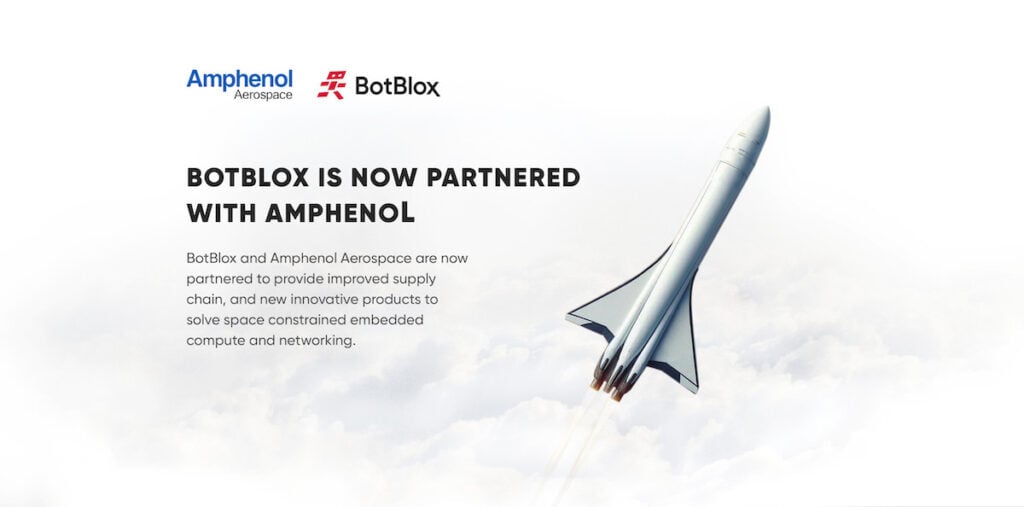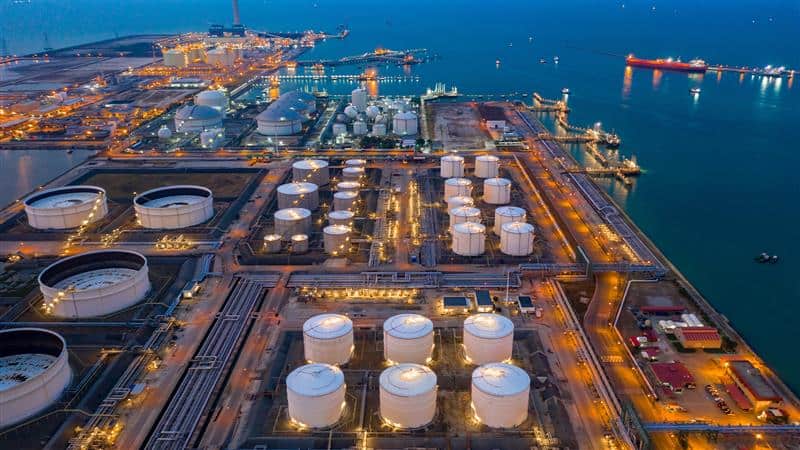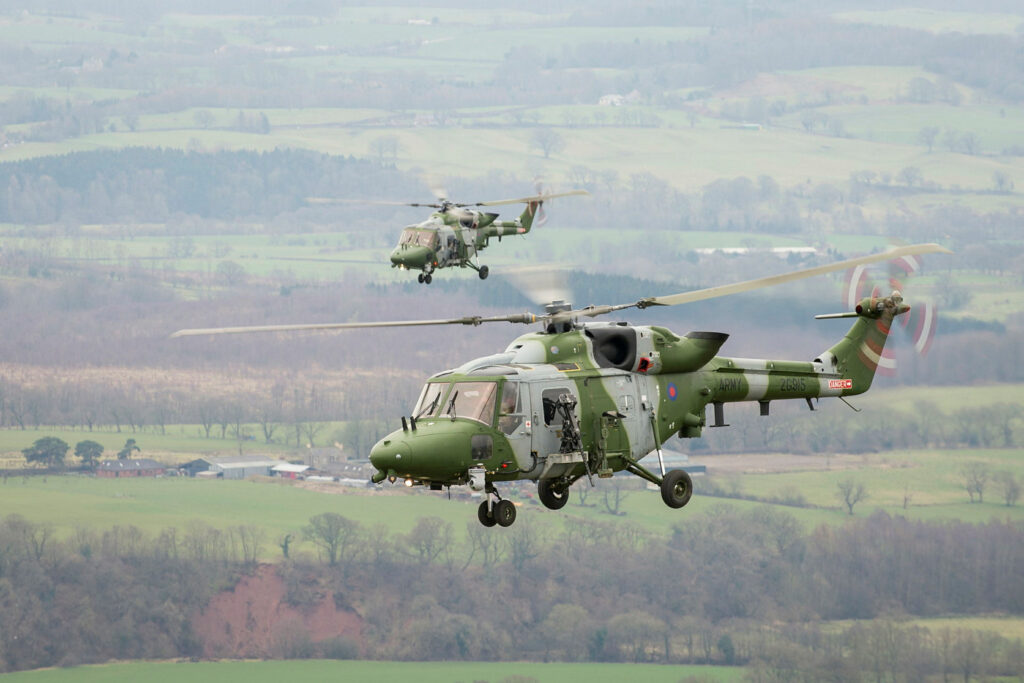
The Westland Lynx helicopter, introduced in the early 1970s, is one of the most versatile rotary-wing platforms ever developed. Designed for military and civilian applications, the Lynx serves in various roles across armies, navies, and air forces worldwide. Its adaptability has led to widespread use in operations ranging from anti-submarine warfare to battlefield utility missions.
The Lynx was originally conceived as a utility helicopter but evolved into a multirole platform, incorporating specialized systems for attack and reconnaissance duties. Its naval variant, equipped for shipborne operations, includes advanced avionics and weaponry for anti-surface and anti-submarine warfare.
Design and Features of the Lynx Helicopter
The Lynx features a semi-monocoque fuselage structure, ensuring high durability and crash survivability. The aircraft is powered by two engines, originally Rolls-Royce Gem turboshafts, delivering reliable performance under varied environmental conditions. Its retractable tricycle landing gear allows both land and shipborne operations.
The cockpit is designed for a two-person crew, providing excellent visibility and compatibility with night vision goggles. The avionics include navigation aids, targeting systems, and communication suites, tailored to the mission requirements. The Lynx’s rotor blades are crafted from composite materials, allowing high resistance to battle damage and environmental wear.
Lynx Performance
Known for its agility, the Lynx broke records for speed and maneuverability in its class. Its advanced rotor design enables a top speed exceeding 250 km/h and exceptional flight stability in adverse conditions. The helicopter has an operational range of approximately 500 km, with endurance up to two and a half hours.
Capabilities
The Lynx is capable of a wide array of missions, including:
- Battlefield Support: Transporting troops and supplies or acting as an airborne command post.
- Anti-Submarine Warfare (ASW): Equipped with sonar systems and torpedoes for naval operations.
- Reconnaissance: Using advanced sensors to gather intelligence in real-time.
- Attack Missions: Armed with TOW missiles, rockets, and machine guns for ground or maritime strike operations.
- Search and Rescue (SAR): Outfitted with rescue hoists and medical equipment.




